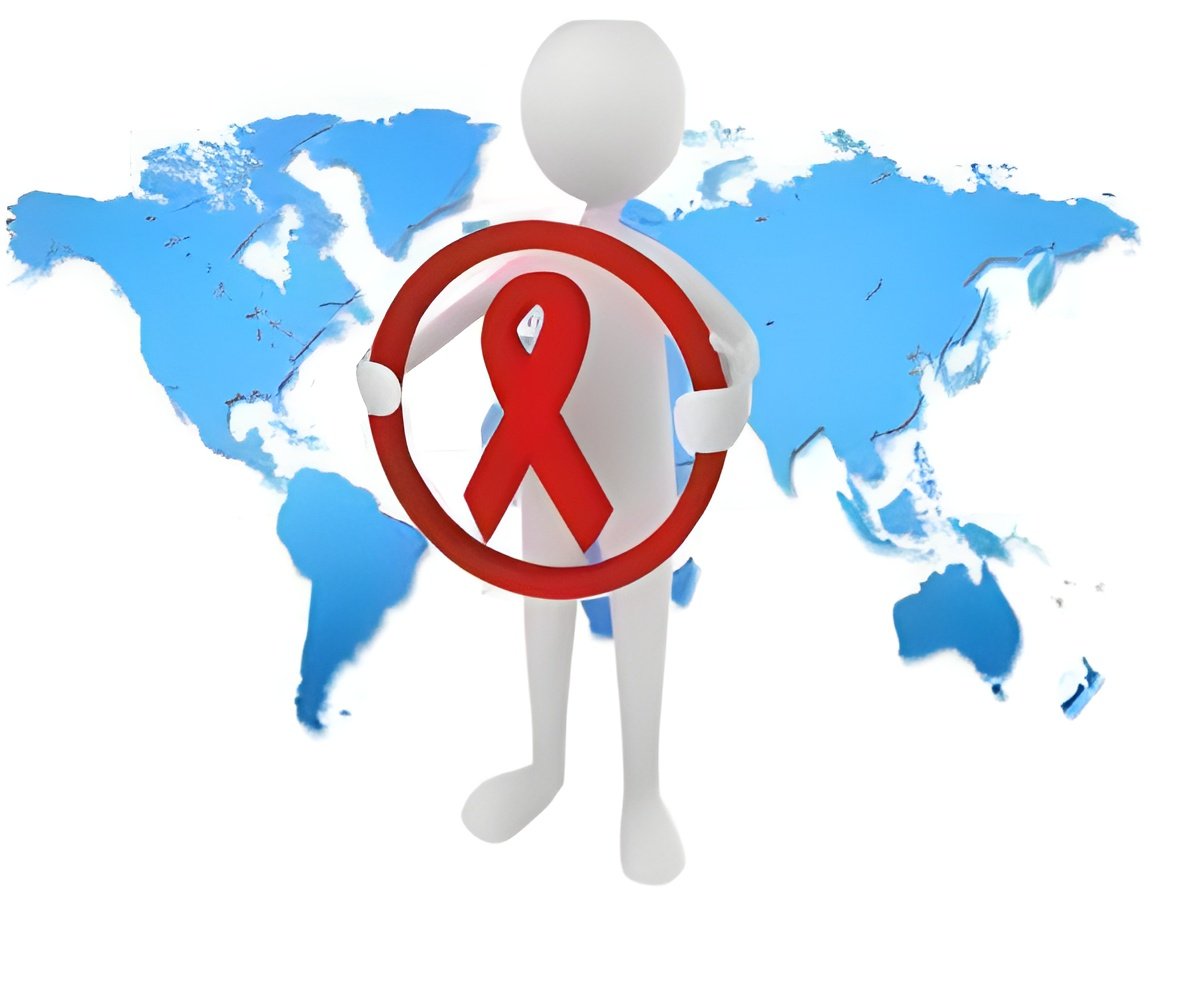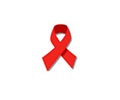Discover how India has achieved a 44% reduction in new HIV infections since 2010, surpassing global averages and efforts to eliminate HIV/AIDS by 2030.

Union MoS for Health and Family Welfare, Smt. Anupriya Singh Patel addresses High-Level Side Event on "Revitalized Multilateralism: Recommitting to Ending AIDS Together" at the 79th Session of UN General Assembly
Go to source).
India's Commitment to Eliminate HIV/AIDS
Patel emphasized India's commitment to the UN's Sustainable Development Goal of eliminating HIV/AIDS as a public health threat by 2030. She highlighted key initiatives, including the fifth phase of the National AIDS and STD Control Programme, which is fully funded by the Indian government.‘In India, approximately 2.5 million people are living with #HIV, resulting in an adult HIV prevalence rate of 0.2% and an estimated 66,400 new #infections annually. #medindia’





The fifth phase of the National AIDS and STD Control Programme (2021-2026) in India aims to
- Reduce new HIV infections
- Improve treatment access
- Integrate various health services
- Focus on vulnerable populations
According to the 'India HIV Estimations 2023' report, approximately 2.5 million people in India are living with HIV, with an adult HIV prevalence rate of 0.2% and annual new infections around 66,400.
Patel noted various youth-targeted initiatives, such as Red Ribbon Clubs and awareness campaigns like the annual RED RUN Marathon.
India's Role in Global HIV Treatment
The government conducts over 30 million free HIV tests annually for pregnant women and provides antiretroviral therapy (ART) to more than 1.7 million people through public healthcare systems.India also plays a vital role in the global supply of anti-retroviral medicines, contributing over 70% of the world's supply, which ensures affordable treatment access.
Advertisement
Additionally, the integration of national health programs aims to tackle related health issues such as tuberculosis and viral hepatitis, further supporting individuals living with HIV.
Advertisement
- Union MoS for Health and Family Welfare, Smt. Anupriya Singh Patel addresses High-Level Side Event on “Revitalized Multilateralism: Recommitting to Ending AIDS Together” at the 79th Session of UN General Assembly- (https:pib.gov.in/PressReleasePage.aspx?PRID=2058434)
Source-Medindia













